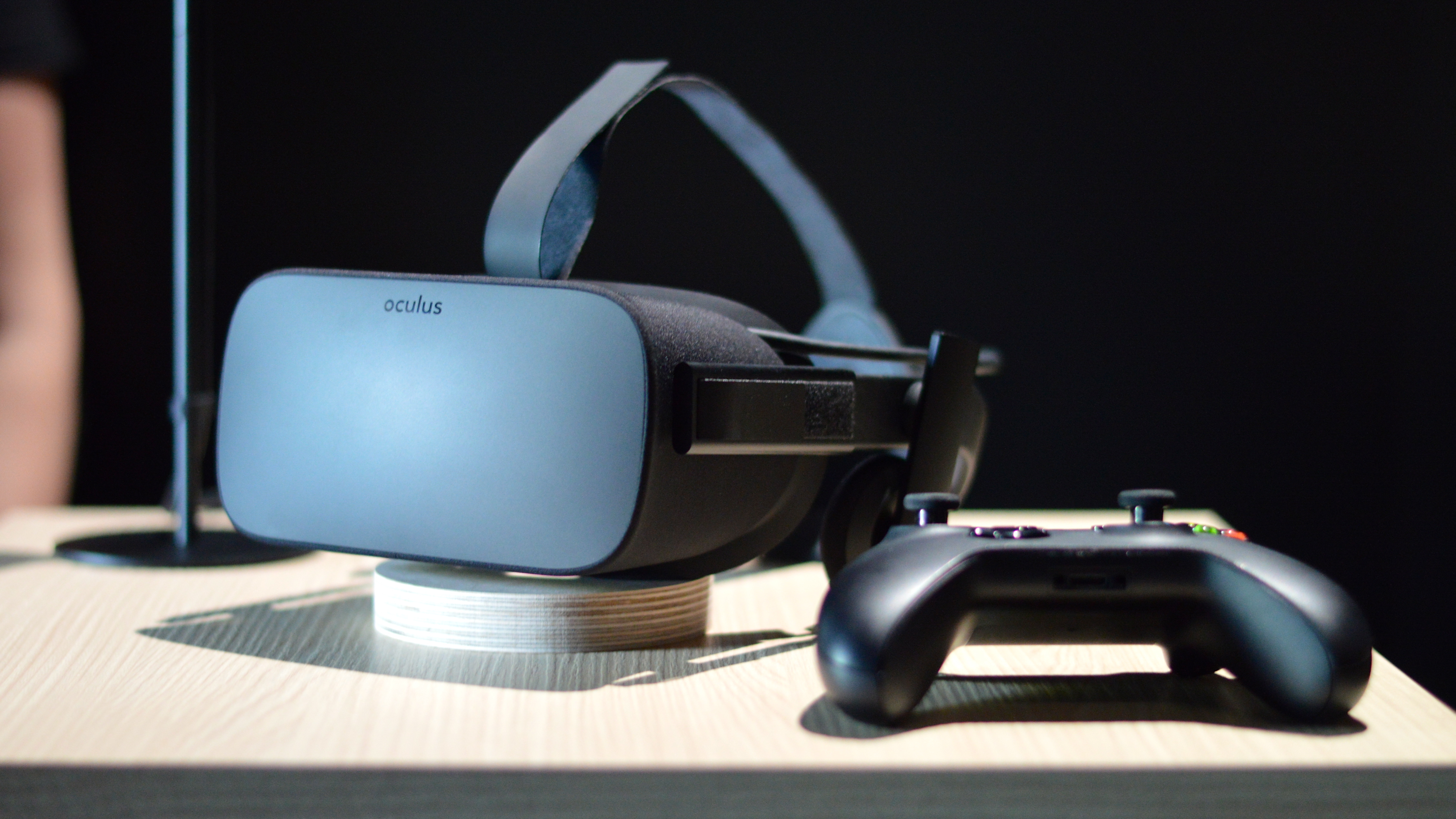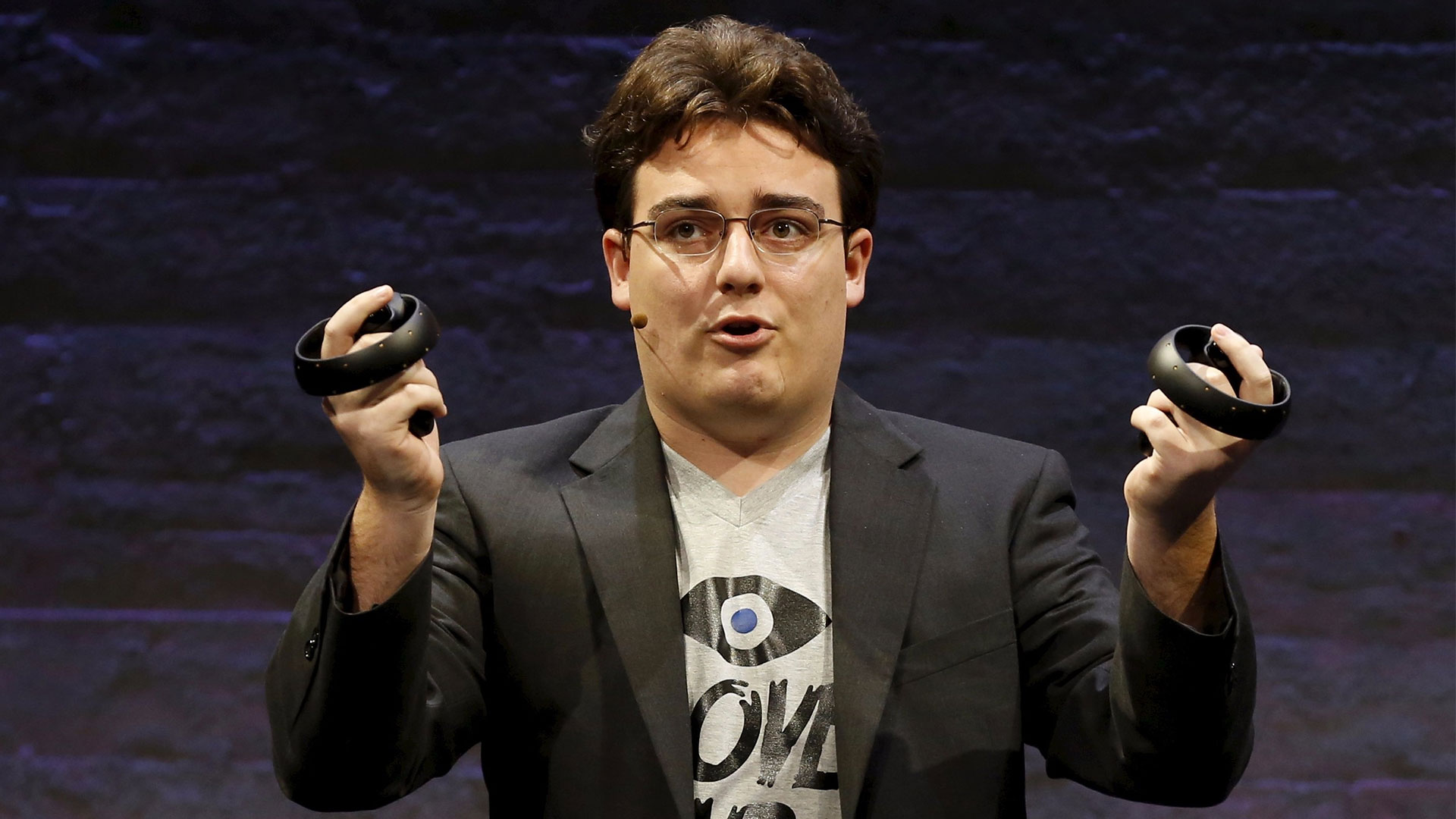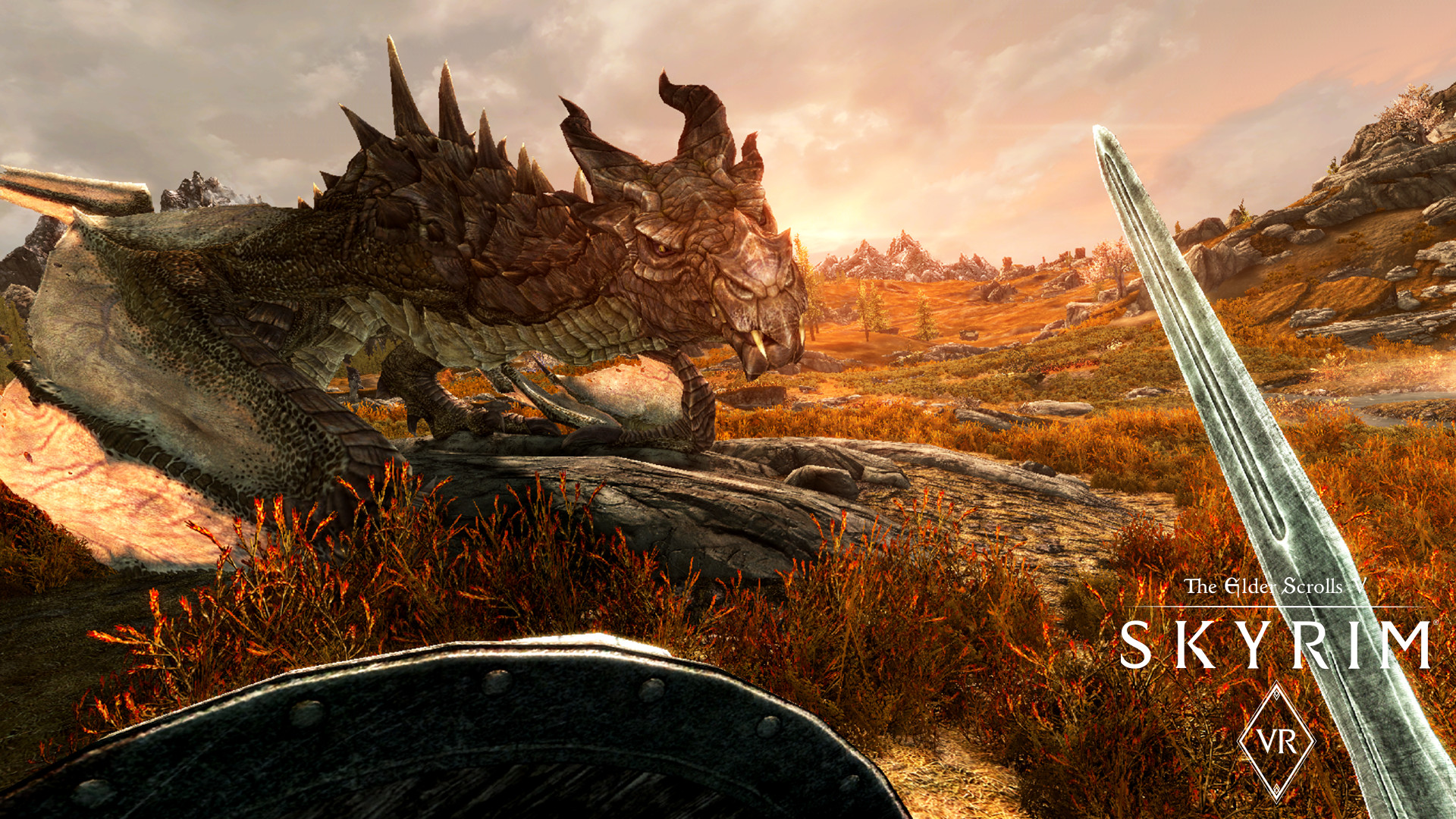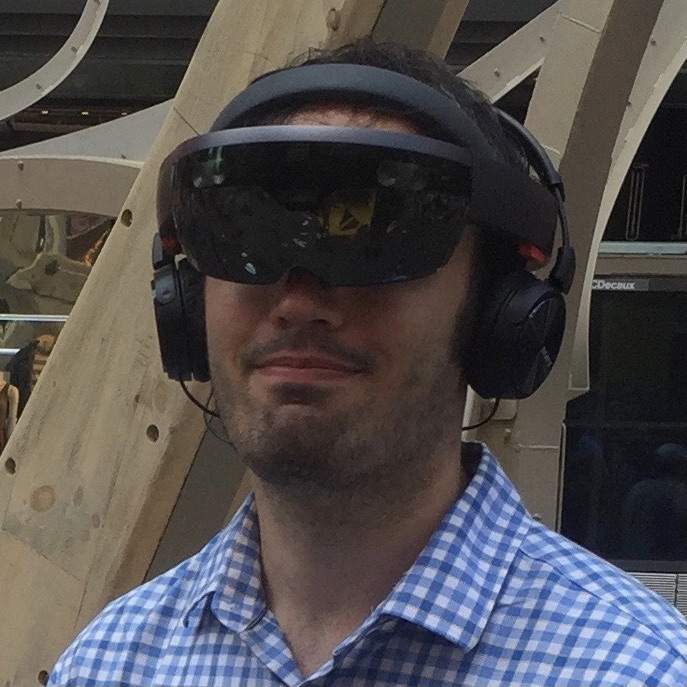Oculus Rift sales will continue as $500 million in lawsuit damages cut in half
Facebook is on the hook *only* $250 million

In early 2017, video game publisher ZeniMax successfully sued Oculus and its founders for $500 million in damages for breach of contract, copyright infringement and trademark infringement.
ZeniMax then argued that Oculus must cease all sales of the Oculus Rift permanently, since the headsets were built, allegedly, based on stolen code. Oculus appealed both the $500 million figure and the potential sales ban.
This week, US District Judge Ed Kinkeade denied the ZeniMax’s request, ensuring Oculus and Facebook can continue to develop and distribute Rifts. Bloomberg first reported this news.
Kinkeade also halved the total damages owed to $250 million, plus $54 million in interest.

Oculus co-founders Palmer Luckey and Brendan Iribe had initially been found guilty for “false designation of origin”, meaning they had tricked the public by marketing ZeniMax headsets as Oculus headsets.
The judge threw this portion of the case out for insufficient evidence. This means that Luckey and Iribe won't have to pay millions in damages out of pocket.
In a company statement, ZeniMax said, “Based on a strong evidentiary record, the jury in this case found that ZeniMax's breakthrough VR technology and its verdict reflected that harm, and expressed disappointment that the damages had been reduced."
Sign up for breaking news, reviews, opinion, top tech deals, and more.
Facebook’s representatives, meanwhile, told Bloomberg that the verdict “was a positive step toward a fair resolution, and we will be appealing the remaining claims.”
A lawsuit to the knee
ZeniMax owns a number of high-profile game development studios: Bethesda (Fallout, Elder Scrolls 6, Starfield), Arkane Studios (Prey, Dishonored), id Software (Doom) and MachineGames (Wolfenstein).

It also has participated in a number of high-profile lawsuits beyond its battle with Oculus. It sued Minecraft developer Mojang in 2012 for making a game called Scrolls.
Most recently, it sued Warner Bros. over its Westworld game, which ZeniMax claims uses code from its own game, Fallout Shelter.
Facebook and ZeniMax appear poised to continue to appeal aspects of Kinkeade’s decision in a higher court. But, for now, Oculus is free to continue its work on the rumored Oculus Rift 2 headset with an extra $250 million in development money.
However, ZeniMax will likely continue to make its most popular franchises exclusive to HTC Vive and PlayStation VR.
- We've lined up the best VR headsets around
- Oh, and the best VR games, too

Michael Hicks began his freelance writing career with TechRadar in 2016, covering emerging tech like VR and self-driving cars. Nowadays, he works as a staff editor for Android Central, but still writes occasional TR reviews, how-tos and explainers on phones, tablets, smart home devices, and other tech.